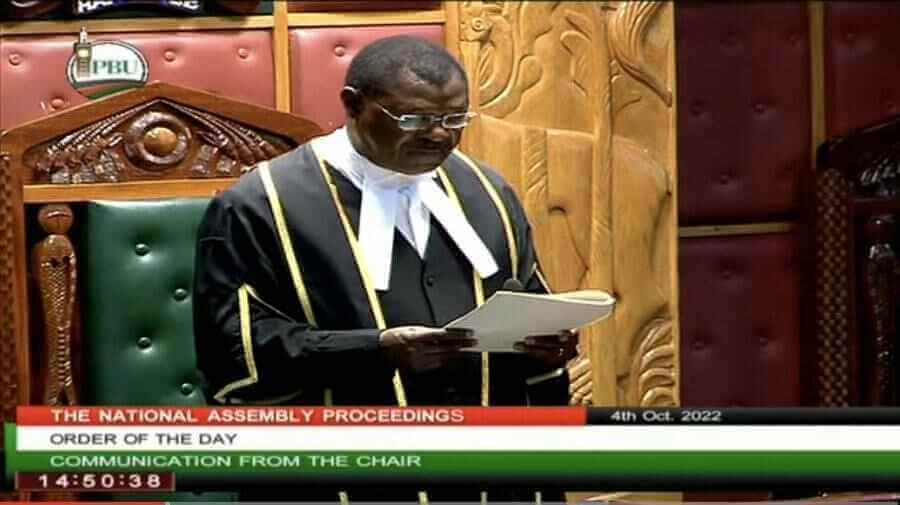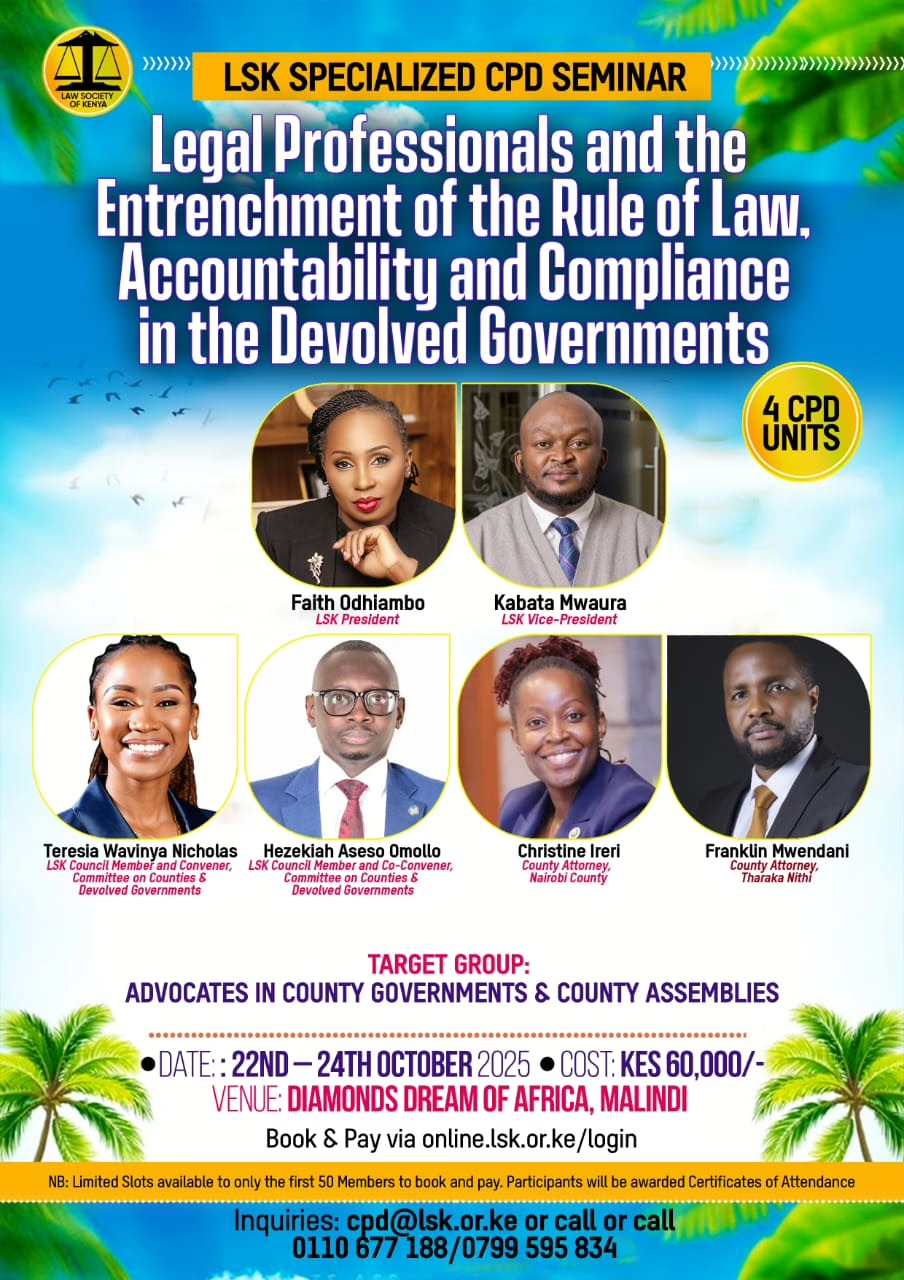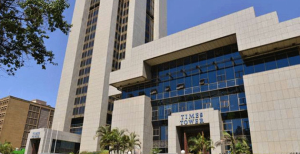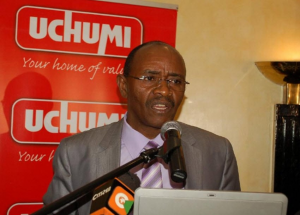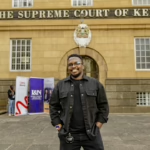The Speaker of the National Assembly, the Rt. Hon. Moses Wetang’ula has issued guidelines to the House on the introduction of Bills and the Amendment of Bills through Parliamentary Initiative.
The Speaker issued the directions via a communication to the House when he presided over the first Plenary Sitting of the House Wednesday.
The new directives now require that any Member seeking to introduce a legislative proposal to amend the Constitution is expected to comply with the requirements of Standing Order 114(7A). This requires among others attachment of the signatures of at least fifty other Members to the legislative proposal for approval by the Speaker.
The communication was in response to several requests that the Speaker has received from legislators who wish to introduce legislative proposals to amend the constitution.
“Since the commencement of this Parliament, I have received several requests from Members wishing to introduce legislative proposals to amend the Constitution. Among is a proposal from the Member for Gichugu Constituency, Hon. Robert Githinji Gichimu and the Member for Matungulu Constituency, Hon. Stephen Mule, MP. The two Members are proposing to amend the Constitution to anchor the National Government Constituency Development Fund in the Constitution,” noted the Speaker.
Speaker Wetang’ula further informed the Members of Parliament that the House had made crucial amendments to its rules in the twilight of the 12th Parliament, amongst them, the new Standing Order 114(7A) which prescribes a new procedure for conducting pre-publication scrutiny of legislative proposals seeking to amend the Constitution.
Standing Order 114(7A) provides that in respect of a proposal to amend the Constitution, the proposal shall be accompanied by signatures of at least fifty other Members in support, unless it is sponsored by the Majority Party or the Minority Party.
Legislators who spoke on the matter observed that the new Standing Orders would enrich the legislative process. The new House regulations seek to provide for consensus through collection of views of other Members, the Attorney-General, constitutional commissions and the Kenya Law Reform Commission on any proposed amendments to the Constitution by actualizing the provisions of Article 256(2) of the Constitution. This constitutional provision obligates Parliament to publicize any Bill to amend the Constitution and to facilitate public discussion.
Notably, Standing Order 114(1) as amended also allows Members to co-sponsor Bills in the House. In this regard, Members with legislative proposals dealing with related issues may opt to co-sponsor legislative proposals for introduction in the House.
At the same time, The Speaker Honorable Moses Wetangula has given a lifeline to Pending Bills from the 12th Parliament. In his communication on Reintroduction of Bills and the Manner of initiating Legislative Proposals to amend the Constitution through Parliamentary initiative, The Speaker said that the 12th Parliament amended the Standing Orders to save certain business from part of the pre-legislative processes.
“In particular, the House amended Standing Order 114A (1)(c) & (d) to exempt certain Bills from pre-publication scrutiny upon their lapsing, to allow Members to re-introduce the Bills, if they so wish”, noted the speaker.
Standing Order 114A (1)(c) & (d), state that “The Speaker may exempt a legislative proposal from the provisions of Standing Order 114 (Introduction of Bills) if the proposal is identical to a proposal that was passed by the House but lapsed at the expiry of the term of the preceding Parliament; or was introduced by the same Member and read a Second time but lapsed at the expiry of the term of the preceding Parliament.”
“In this regard, the House provided a window that allows expedited re-introduction of Bills, especially those that lapsed in the Senate.
Some of the Bills scheduled for reintroduction in the 13th Parliament include; The Livestock and Livestock Products Marketing Board Bill, The National Youth Council Amendment Bill, The National Disaster Management Authority Bill, The Public Service (Values and Principles Amendment Bill, The Equalization Fund Bill, and the Crops Amendment Bill among others.
At the same time, The Bills that Underwent Second Reading but never made it to the Committee of the Whole House (Third Reading) and can now be picked up for continuity include The Public Service Commission Amendment Bill, The Alcoholic Drinks Control Amendment Bill, and the Kenya Food and Drugs Authority Bill among others.


